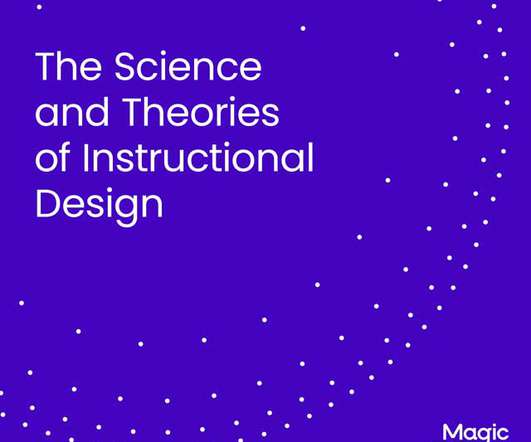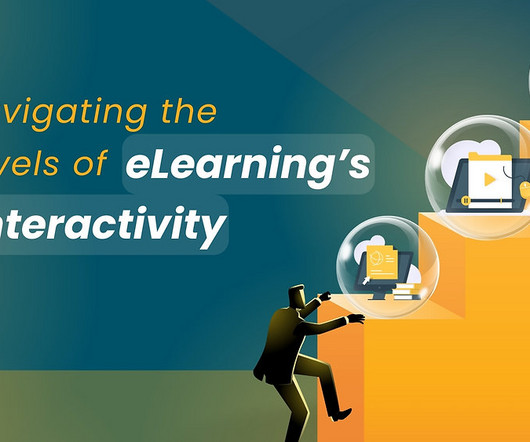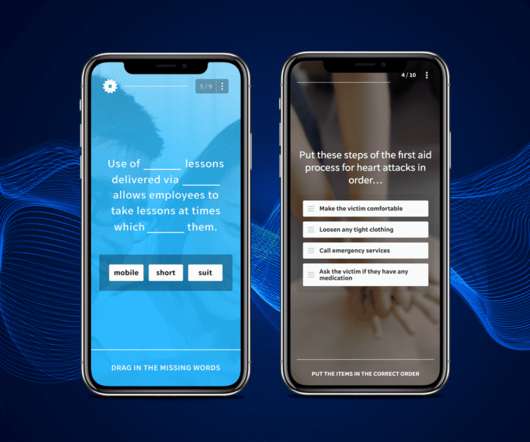Best Practices and Strategies to Implement Experiential Learning Design
Hurix Digital
FEBRUARY 20, 2024
Access to knowledge is a fundamental human right, but it requires a tailored approach acknowledging individual needs and differences. Experiential learning, a robust learning theory, emerges as a compelling alternative to traditional models. Below are the characteristics and benefits of experiential learning: 1.















































Let's personalize your content